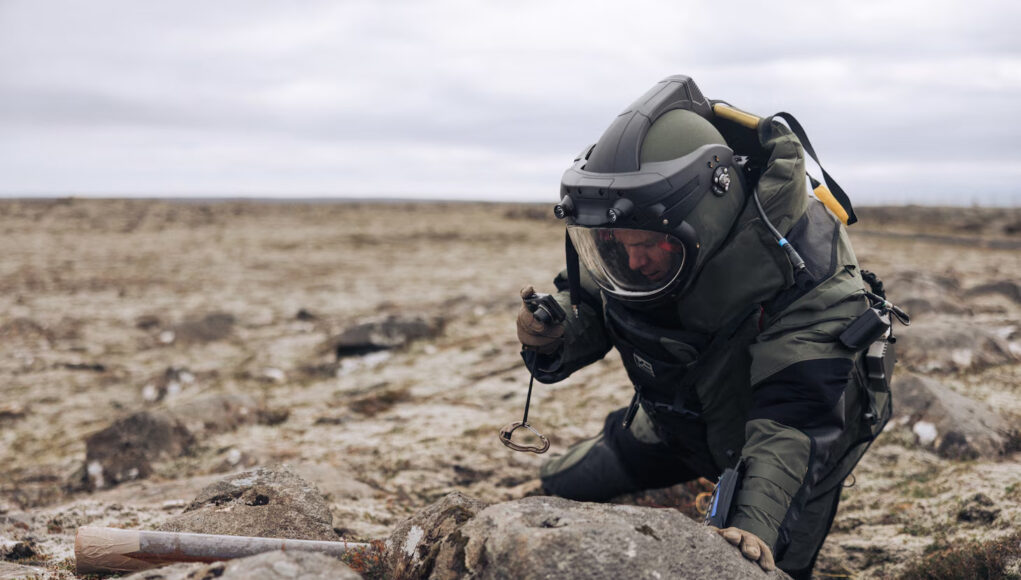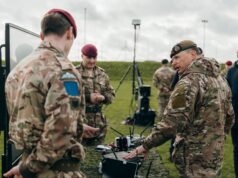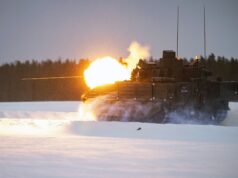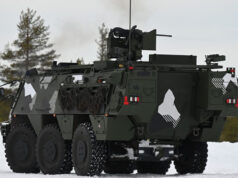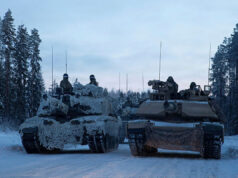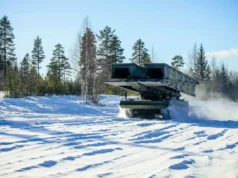Explosive ordnance disposal (EOD) forces from the United Kingdom have joined counterparts from 16 nations, including the U.S. and other NATO Allies, for Northern Challenge 2024, a multinational EOD exercise held in Keflavík, Iceland.
Running from 26 September to 9 October, the exercise is designed to enhance the participants’ capabilities in responding to explosive threats in both land and maritime environments.
Northern Challenge, hosted annually by the Icelandic Coast Guard, brings together NATO Allies and Partnership for Peace participants to prepare for international deployments and counter-terrorism efforts.
Lieutenant Commander Jónas K. Þorvaldsson, commander of the Icelandic Coast Guard EOD, emphasised the importance of such collaboration: “No nation can confront today’s challenges alone, which is why every year we welcome countries from across the NATO Alliance to demonstrate our shared values, experience, trust, and vision for a secure and prosperous world.”
Throughout the two-week exercise, EOD teams will tackle simulated improvised explosive device (IED) threats of increasing complexity, testing their tactics, techniques, and procedures across a range of scenarios. These drills are being conducted in hostile, non-permissive environments, allowing participating forces to hone their skills in realistic and challenging conditions.
Commander Rune Hausken, of the Royal Norwegian Navy, who is serving as the exercise director, highlighted the importance of these exercises: “Northern Challenge is the premiere EOD exercise for NATO Allies and partners to plan, conduct and assess realistic training scenarios in a collaborative environment.” He added that by working together, these forces will stand stronger in ensuring the security and stability of the Euro-Atlantic region.
In addition to on-the-ground operations, EOD teams from across the participating countries will work within multinational command and control cells, ensuring intelligence and information sharing is aligned with NATO standards. This will help improve interoperability and coordination during real-world operations.


